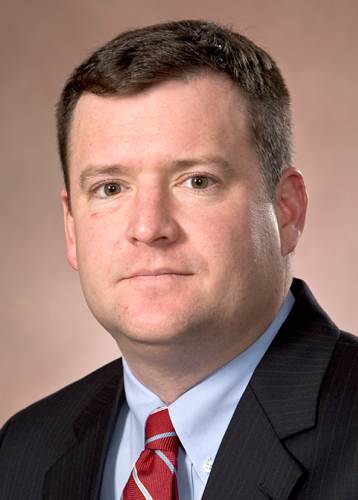As of 2015, Japan remains the second-largest insurance market in the world after the United States, according to industry statistics. While the U.S. has around life 800 insurance companies, there are only around 43 life insurance companies in Japan, half of which are foreign-owned.
With one of the world’s highest ratio of people aged 65 and above, an aging population has meant an increasing number of policy holders have become beneficiaries, which has reduced the assets of life insurance companies.

As conventional nonlife insurance declines with the shrinking population, major insurance groups have also had to consolidate through mergers and acquisitions.
Meanwhile, another devastating earthquake remains a huge threat in earthquake-prone Japan, a small nation that accounts for nearly 20 percent of the Earth’s seismic movements.
While the Japanese insurance market presents many challenges, the industry has chosen to see them as opportunities, among them looking for new business models distribution channels tailored for the country’s graying population.
Based in Springfield, Massachusetts, Massachusetts Mutual Life Insurance Co. (MassMutual) entered the Japanese market in 2001, and now offers life insurance and annuities through banks and securities firms, all highly suitable for a senior-dominated market.
“In the 15 years that we’ve been in Japan, we’ve learned a lot. We had some challenges in the early days, but we are now enjoying a lot of success. We are very committed to our Japanese customers to the Japanese people and to our business there,” said MassMutual International President and CEO Michael O’Connor.
“Reputation is critical. In the products we sell, we need to make good on our promises when people need them the most. We have to honor that promise and trust that we made to their heirs. A reputation for complete integrity and living up to what you’ve promised is absolutely essential to do business in Japan."
With the weakening of the Japanese yen against the dollar and capitalizing on an affinity for currency trading in the country, MassMutual in Japan doubled its sales from 2013 to 2015.
“We have strong products that are denominated in yen, dollars and Australian dollars and there is extremely strong demand among Japanese for our non-yen denominated products,” O’Connor also said.
More efficient and flexible management has also strengthened the company’s financial base. By accommodating different styles of working, MassMutual has fostered an environment that nurtures all their employees, who as a result are able to inspire more confidence with their clients.
“Reputation is critical. In the products we sell, we need to make good on our promises when people need them the most. We have to honor that promise and trust that we made to their heirs. A reputation for complete integrity and living up to what you’ve promised is absolutely essential to do business in Japan,” O’Connor stressed.
Without losing sight of those core values, MassMutual is committed to expand its capital base and its distribution channels in Japan this year.
“Our priorities are to keep supporting MassMutual Japan. We have some very important system development projects that are being implemented in Japan. One endeavor is to automate processes and eliminate the possibility of human error as much as possible. We have to provide excellent service not only to clients, but also to our distribution partners,” he said.
The Great East Japan Earthquake in March 2011 was a watershed moment for Japanese insurance companies because it highlighted the industry’s role in helping society and its members when the need arises.
With the opening of an additional office in Fukuoka in 2014, MassMutual improved its customer service and created more jobs in the area.
“We have about 80 employees now. The Fukuoka office will continue to grow,” O’Connor said.












